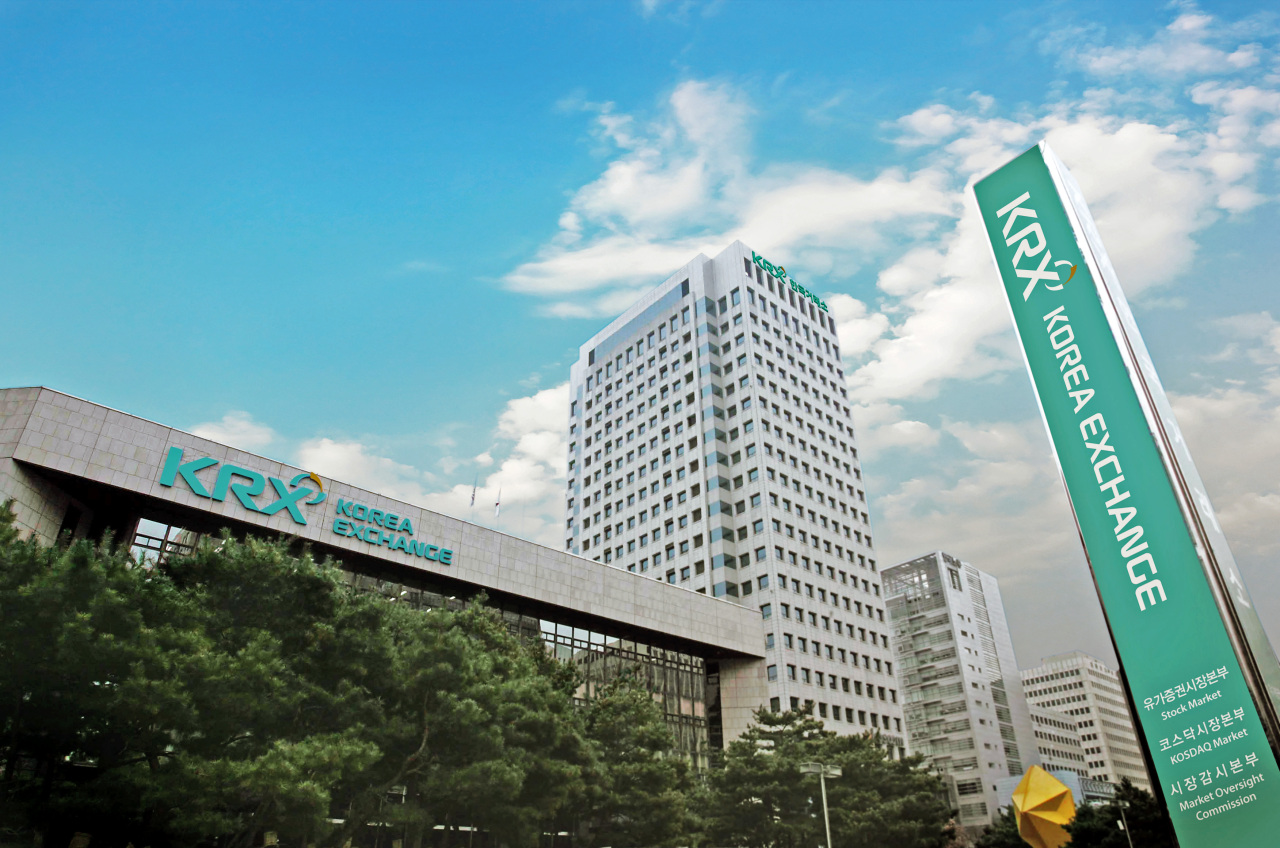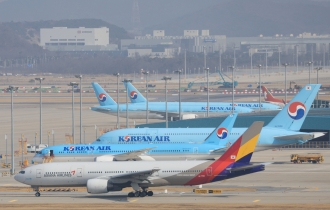South Korea’s M&A deals not efficient: BOK research
Although South Korea’s mergers and acquisitions are motivated by financial distress, they usually aren’t able to solve the problem, a Bank of Korea report showed on July 1.
Titled “Takeover, distress and equity issuance: Evidence from Korea,” the report is based on 1,379 cases of the largest shareholder changes disclosed to stock market operator Korea Exchange between 2004 and 2017.

The study said that in the two consecutive years ahead of the deals, 53 percent of the target companies recorded financial losses, while 61 percent showed capital erosion. Following the takeover, both the buying firm and the firm that was acquired showed a decline in return on assets. In fact, the ROA of the target companies fell by 4.9 percent on average, while the companies that acquired them experienced a 4.8 percent decline.
“Takeovers motivated by financial distress are not successful since the bidders acquire the target company with the intention of expanding their size, rather than increasing the value of the company,” said the report. “Therefore, takeovers are not effective in solving the financial distress, and firms in trouble are repeatedly targeted.”
The research indicated that this type of trend is unique to Korea. Takeover deals in countries like the US are driven by motivation to create synergies by cutting costs or enhancing revenue. The study found that takeovers occur when financially-troubled firms are likely to be targeted repeatedly.
The paper cited the case of Korea Express as a typical example.
The general transport company, was an affiliate of Dong-Ah Group. When the business group went bankrupt in 2000 its shares were transferred to creditors. In 2005, STX Group became the largest shareholder by acquiring shares from the creditors and the next year Goldman Sachs became the largest shareholder.
In 2008, Kumho-Asiana Group acquired newly issued shares through private placement. Korea Express was eventually sold to CJ Group when Kumho Asiana Group fell into financial distress.
By Park Ga-young (gypark@heraldcorp.com)
EDITOR'S PICKS
- Seoul shares rattled by Israeli attack on Iran; Kospi dips to nearly 11-week low
- S-Oil donates W560m to support firefighters
- LG CNS teams up with Yonsei University to nurture AI specialists
- Polestar 4 to make Korean debut in June
- S. Korea pledges W23tr venture capital fund for green investment at G20 meeting
- Sungsimdang outperforms bakery giants to log sales over W100b
- France rejects opening Paris flight routes to T'way Air, deals blow to Korean Air merger
- SK hynix chief underscores chip cooperation between Korea, US















